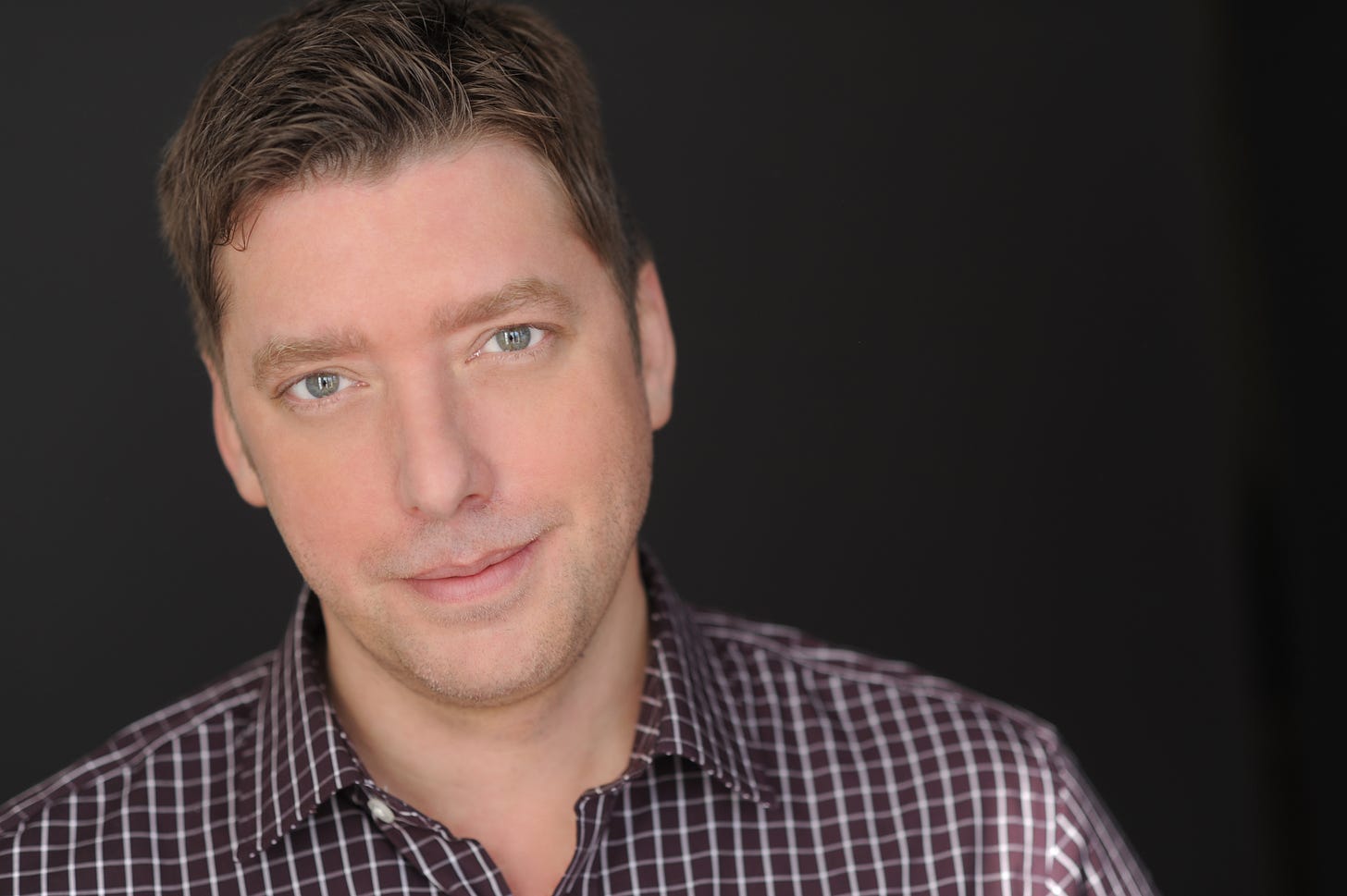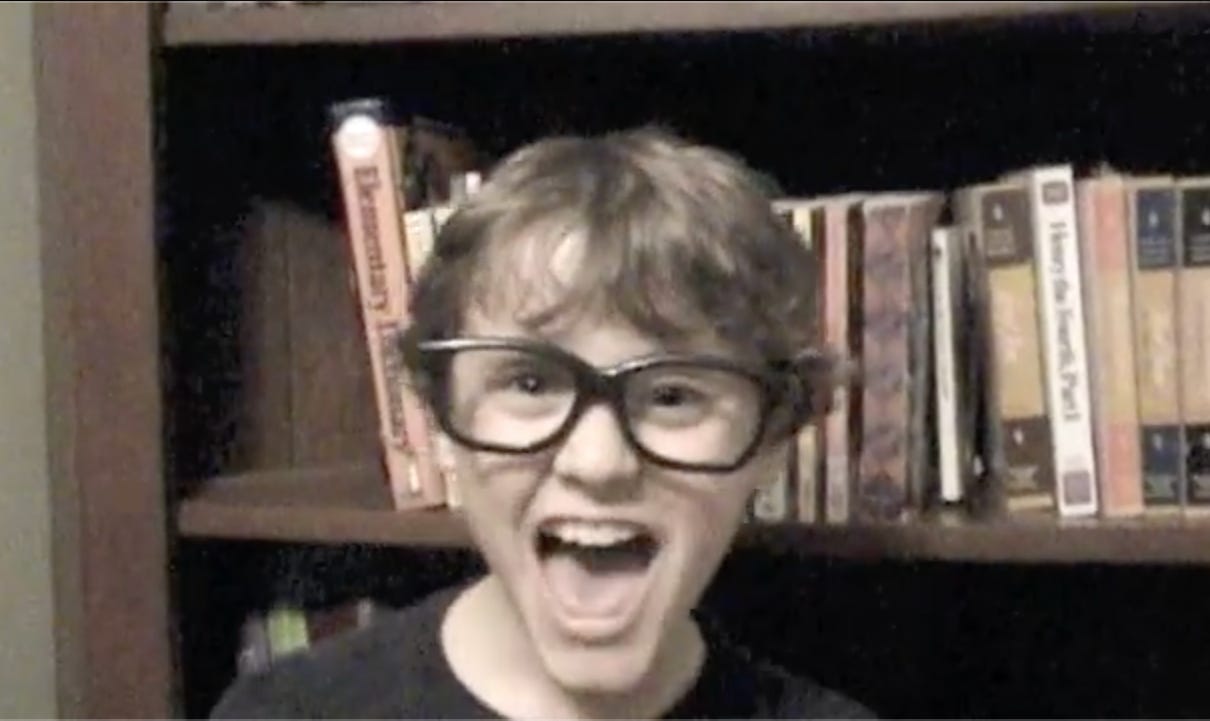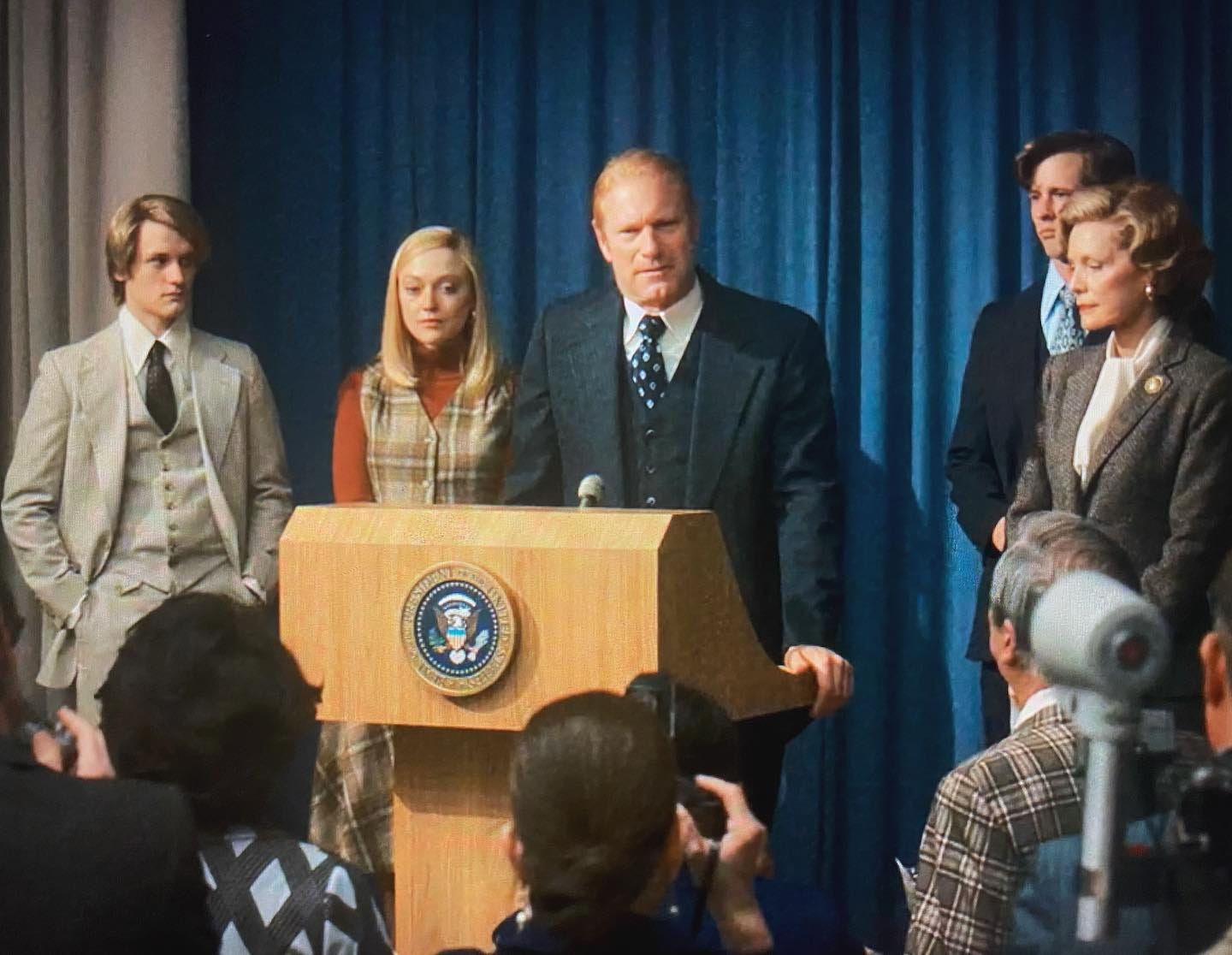Stage Dad: The Agent
An interview with David Doan, vice president of young talent at CESD Talent Agency
Like many entertainment professionals who work behind the scenes, David Doan has worn various hats during his two-decade career: casting director, talent manager, and an agent who books young actors on TV, film, and theater projects.
Given that resume, which includes a 2012 Daytime Emmy nomination for Outstanding for Casting for an Animated Series or Special and honors from both Variety Magazine and the Talent Managers Association, it’s no surprise that his advice to parents of child performers rings true.
“Your child should be having fun,” says David, vice president of young talent in the theatrical department at CESD Talent Agency in New York City. “If you notice that they are stressing about doing auditions or that they are losing interest, then you should absolutely give them a break. This is an extremely tough and competitive business, and it does not work for many families.”
For this “Stage Dad” series, I interviewed David via email with questions similar to those I asked talent manager Kim Pedell in last week’s essay. With the entertainment business opening back up and end-of-year college showcases in full swing before young performers invade Manhattan for a summer of theater camps and training, he was on the run constantly but took the time to answer my questions.
The interview has been edited for length and clarity.
What does your work with CESD involve?
The basics of my job are procuring audition opportunities for our young talent roster and negotiating contracts. I also scout and sign young talent.
Many parents who are just going into this do not understand the differences between talent managers and a talent agency. Given that you’ve done both, in addition to being a casting director, how would you explain the differences between these roles?
Managers are usually more involved in the day to day of guiding someone’s career, and they represent much less talent than agents do. Many managers also help procure appointments as well. We also rely on managers to assist with getting feedback from casting directors, producers, and network or studio execs. They make sure marketing materials are up to date, including getting their reels together.
I realize this is a broad question, perhaps too broad, but what are you looking for in terms of talent?
It changes a lot. We have to pay attention to the trends in the industry — identifying what types/ages are busy and in demand. Outside of that I look for confidence, commitment, a sense of fearlessness, and skill. We also look for talent that takes the industry and their job as an actor seriously.
How do you find young talent, especially when anyone anywhere can tape for a role? Ben was referred to CESD by a talent manager based in the D.C. area. Are referrals like that common?
A lot of our talent are referred through managers. We also meet talent through casting director referrals and acting teacher/coach referrals. I also attend showcases and classes all over the country whether virtually or in person.
What do parents need to know about the work you do?
If we represent your child, we think they are competitive in the industry or they have the potential to be competitive with a little developing. Parents need to trust their agents are doing everything they can to get your child as many opportunities as possible.
What are common misperceptions that parents have about your work?
I think parents often think agents choose who auditions for specific projects. It is our job to pitch to casting in the hopes that we can secure appts for our actors that we feel are right based on the breakdown.
I’m sure it varies with each child and each project, but what do you say to parents about your process for matching talent to opportunities?
If your child fits the description on the breakdown then we are submitting and pitching them to casting. Often we are not aware of the internal conversations that the creative team is having and often they adjust what they are looking for, but if you fit the description, we are pitching you to casting.
Is there a point where you ask them to seek representation elsewhere?
Yes, there are times when we feel it’s best to part ways with talent. I never enjoy dropping clients, but sometimes it may be time to find a different set of eyes and ears.
How important is training for young actors?
Very important. I encourage all actors to take classes and to work with a coach.
As a parent, I was always interested in Ben receiving honest feedback about his work/process/etc. so he could develop his skills, but it is often hard to get. Why?
Feedback is often extremely difficult to get from casting directors, especially now that they are able to see a lot more actors via self-tape. Most of the time the only feedback we get initially is if there is a callback with notes. Otherwise, it’s extremely difficult to get anything constructive on a first-round self-tape unless there is further interest.
Ben’s First “Reel” and Latest Project
In honor of this weekend’s Tony Awards, I wanted to leave you with a snapshot of how we knew our son was going to be an actor. At age 11, he started making movies with a point-and-shoot digital camera and learned how to edit them using iMovie. Most of the movies were Nerf War videos made with Christopher Cox, who Ben worked with in “Ragtime.”
You can search for those if you’d like on YouTube, where a couple have survived, but this is his Broadway “tribute”… I’m still waiting for the sequel.
You also can see our son as Betty Ford’s son Steven in the last two episodes of Showtime’s “The First Lady,” also premiering tonight.






Oh my goodness! That side by side of your son as a kid and now. Same kid, very different vibe! He must be a good actor!